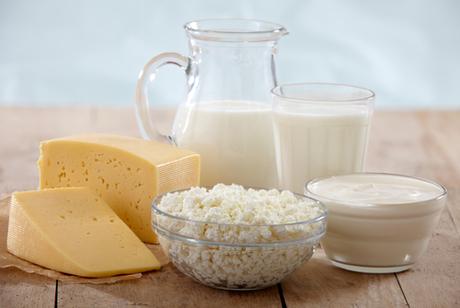
Written by Orlando Weight Loss on . Posted in BLOG, Diet Tips, Healthy Food Options, Healthy Living
Every diet plan - including the - work on the principle of modifying the portion of certain foods or food groups consumed on a daily basis, as well as eliminating certain types of food entirely. Now, Mediterranean diet , the and the ketogenic diet Whole30 diet program is sweeping the nation as not just a weight loss program (it pointedly does not use the word "diet"), but a supportive community of devotees dedicated to achieving and maintaining a truly transformative quality of life experience. the

While that sounds like a pretty tall order, Whole30 achieves all of this and more by explicitly targeting the individual's emotional and habitual relationship with food. The program revolves around breaking unhealthy behavioral patterns, putting a full-stop to stress-related comfort eating, and reducing carbohydrate and sugar cravings. Many people on the Whole30 program report having achieved food freedom within the 30-day period.
The purpose is to understand how your body responds to some foods. You eliminate these foods completely and then gradually reinstate them after 30 days. If you think these foods still work well for you, fine, and in case you find something that helps your body feel good, that's even better!
The foods on the Whole30 program
Whole30 doesn't ask you to leave your favorite foods forever. You are only asked to abstain from eating some foods and beverages for 30 days, and then slowly reinstate them. As mentioned earlier, the aim is to understand how your body responds to some foods.
Here is a partial list of permitted foods:

- Vegetables - Eat as many as you want.
- Fruits -Allowed in moderation, due to limits on sugar intake.
- Seafood - Allowed, including shellfish.
- Unprocessed meats - Make sure they don't contain added sugar or preservatives.
- Nuts and seeds - Allowed, except for peanuts (which is a legume, rather than a tree nut).
- Coffee - Allowed, but only without milk products or sugar.
- Oils and ghee - Olive and coconut oil are allowed, as well as ghee (clarified butter).
Following is a partial list of foods to avoid during the 30-day program:

- Dairy products - Includes cheese, butter (except for ghee), yogurt, cow's milk, kefir and cream (sour or otherwise).
- Legumes - No members of this family, including soy (soy sauce, tofu, edamame or miso), peas, chickpeas, peanuts and lentils.
- Grains - Includes wheat, corn, quinoa, sprouted grains, millet, rye, bulgur, buckwheat, amaranth and sorghum.
- Alcohol - Abstain completely during the 30-day period, including using alcohol for cooking. Vanilla extract is also on the forbidden list.
- Added sugar in all forms - including artificial sweetener - This includes sugar in natural forms, such as maple or agave syrup. Check the label when shopping, as many items include some type or amount of sugar.
- Junk food - Almost needless to say. No baked goods, snack foods, ice cream, etc.
- MSG, sulfites and carrageenan - Common additives in processed foods. Carrageenan is a common additive in natural foods, and has been implicated in digestive system conditions.
The Whole30 community and forum
As mentioned earlier, Whole30 provides plenty of support and encouragement for those following the program. The Whole30 Forum is designed to help navigate the Whole30 program, ask questions and seek advice from the program's experts. Those who have been through the program can share their success stories and provide motivation for others.
From features, updates and news from the Whole30 team to rules, regulations, recipes and , you have everything on the Whole30 Forum that you wish to know and ask. There is something for everyone on the Forum - how to follow Whole30 with a medical condition, Whole30 for athletes and Whole30 while pregnant or breastfeeding.
Interacting with others sharing the Whole30 experience creates a community feeling, which greatly helps boost motivation. The Whole30 Community is like a close-knit family where you can get answers to questions, as well as track your meals, progress and results - and even share your recipes and success stories.
If the Whole30 program has had a positive effect on your life, you can become a certified Whole30 coach and help others by offering your resources and services to your local community.
We at Solutions Weight Loss encourage everyone to follow a healthy lifestyle by whatever means achieves the best result for each individual. If you've tried other programs and diets but feel that a medically supervised weight loss program may be what you need to achieve long-term results, to schedule an appointment with Dr. William E. Newsome and learn about your options.
Trackback from your site.

